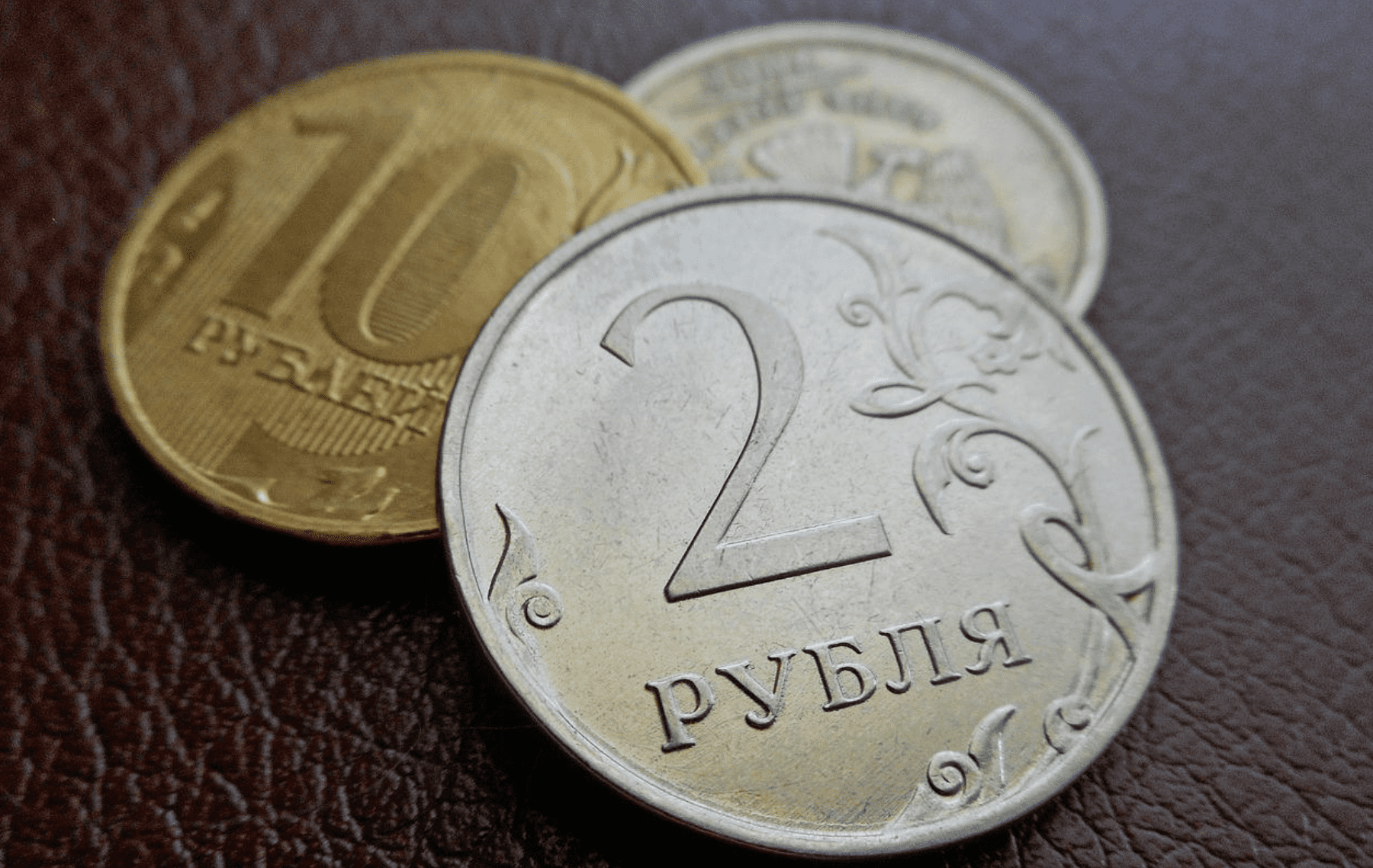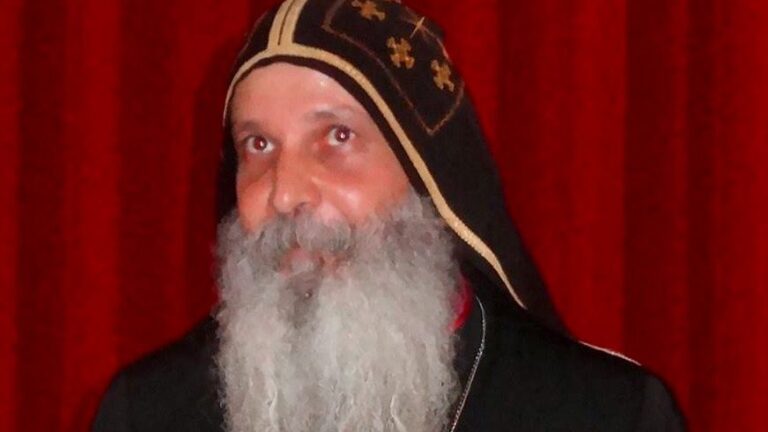On June 27th, the Russian government failed to make a scheduled payment on its debt. According to Bloomberg, via Al-Jazeera,
Russia defaulted on its foreign currency sovereign debt for the first time in a century, the culmination of ever-tougher Western sanctions that shut down payment routes to overseas creditors.
After having been able to make debt payments monthly since the start of the Ukraine war, the Russian government was prohibited by the sanctions to make the scheduled May 27th payment. After a one-month grace period expired, the $100 million payment was still missing.
However, the circumstances around the default are unclear. Sky News reports that it is not immediately apparent “how any default may have happened.” The Russian finance ministry maintains that the payments have been made, but that sanctions related to the Ukraine war were preventing the funds from reaching their destination.
Bloomberg/Al-Jazeera characterize the default as “mostly symbolic” in the context of “the worst economic contraction” in Russia in many years. In a speech at the St. Petersburg International Economic Forum, June 15-18th, Russian President Vladimir Putin gave a partially different account of the Russian economy:
Within just three months of the massive package of sanctions, we have suppressed inflation rate spikes. As you know, after peaking at 17.8 percent, inflation now stands at 16.7 percent and continues dropping. This economic dynamic is being stabilised, and state finances are now sustainable.
Putin also mentioned a number of measures that will alleviate the burden of taxes and mandatory fees on businesses, as well as to keep enough liquidity in the banking system to avoid credit rationing.
As a strategy to reduce the impact of sanctions on its economy, Russia is working with other countries in the BRICS group to develop an independent trade system that does not use the U.S. dollar or Western payment functions.





